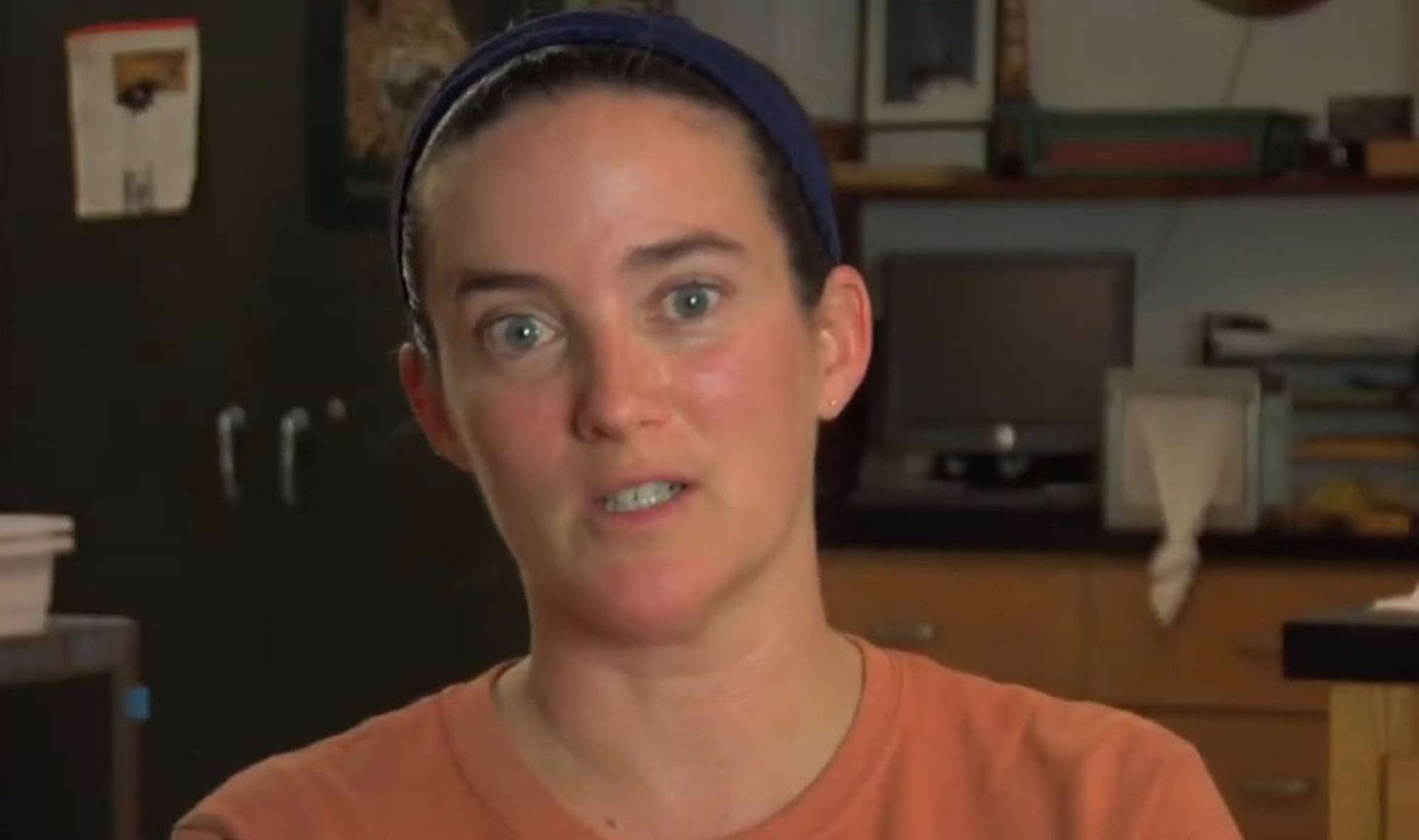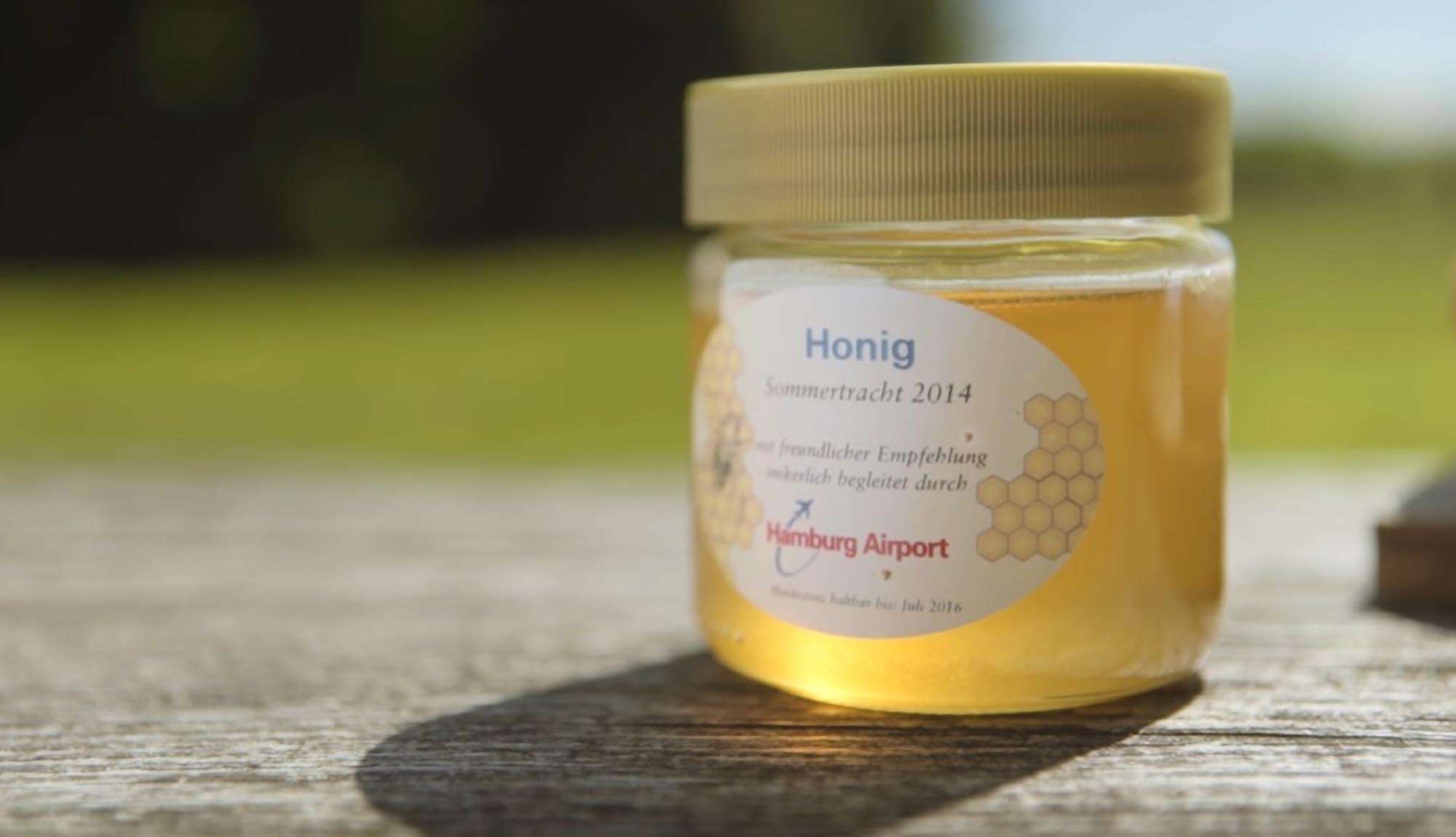A renowned expert on insect behaviour has warned of the “stressful environment” bees are currently in.
For some years, Elizabeth Capaldi from Bucknell University in Lewisburg, Pennsylvania, United States, has engaged in interdisciplinary projects aimed at identifying honeybee colonies’ stress indicators.
Prof. Capaldi said the application of pesticides, the effects of climate change and diseases are the main threats to bees right now. She warned that a combination of these factors has the potential to kill more than half of an apiary’s colonies.
Speaking to the science news website Phys.org about the situation the pollinators are finding themselves in these days, the biologist said: “Honeybees are suffering. All of these factors have united together to create a stressful environment for honeybee colonies across the country.”
Mild temperatures and intense rainfall can help flowers to bloom earlier than usual. However, they might disappear by the time the pollinators leave the hive to find nectar.

Prof. Capaldi explained: “When the colony is growing, the flowers may not be available.”
Another urgent issue for scientists and beekeepers around the world is the prevalence of Varroa destructor, a mite which reproduces by attaching to the body of the bee.
The pollinator gets weaker as the parasite sucks its fat-storage cells. A significant infestation can lead to the death of a whole colony.
To emphasise the mite’s enormous size, the professor told Phys.org: “It’d be like having a tick on your body that’s the size of a dinner plate.”
The United States are among the world’s leading producers of honey. The annual per capita consumption of the product in the country ranges between 0.9 and 1.4 kilogrammes.











